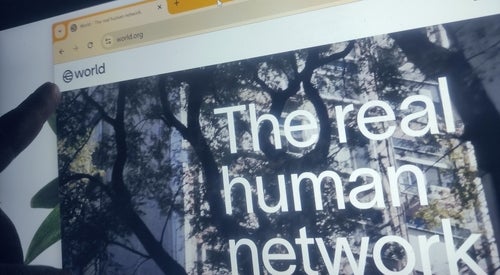Outages on the internet are becoming a political tool of oppression. As an example, when protests heated up in India over the government’s plans to implement a controversial law that many say would discriminate against Muslims, action was taken.
The Delhi police, apparently at the direction of the Indian Ministry of Home Affairs, issued a directive on December 16 ordering three mobile operators to discontinue voice, SMS, and data services in parts of the city.
According to an article in the India Times, three mobile operators – Bharti Airtel, Vodafone Idea, and Reliance Jio – all complied with the order, resulting in a lack of services for a four-hour period.
Elsewhere in India, as it declared an end to 70 years of autonomy in the Kashmir region in August 2019, the Indian government simultaneously shut off access to the Internet for most Kashmiris. That outage persists until now. Internet freedom group Access Now considers it to be the longest denial of access by a democratic state since the introduction of the Internet.
Outages as a political tool
Internet outages and restrictions are increasingly being by governments used to control public opinion and quell unrest. The list of countries where the government has restricted Internet access or content (WhatsApp, Twitter and Facebook are frequent targets) this year alone includes Indonesia, Sri Lanka, Turkey, Venezuela – a frequent offender – and at least ten African countries.
Shutdowns are on the increase
AccessNow estimates that between 2017 and 2018, the number of documented shutdowns nearly doubled from 106 to 196. Shutdowns occurred in 26 countries; however, India was far and away the biggest culprit, accounting for 134 shutdowns, or nearly 70% of the total.

US Tariffs are shifting - will you react or anticipate?
Don’t let policy changes catch you off guard. Stay proactive with real-time data and expert analysis.
By GlobalDataDiscounting all of the moral and ethical challenges presented by these state-ordered outages, for network operators, these outages represent a real customer service challenge. Network downtime is a key factor in customer satisfaction; or more accurately, network outages are a key factor in customer dissatisfaction.
Sanctions need to be severe to be effective
However, operators generally have no choice but to comply with state orders, especially mobile operators that depend on government licenses to obtain the spectrum necessary to provide service.
Efforts to combat this disturbing trend have thus far been ineffective. The UN General Assembly and the GSM Association, among other groups, have attempted to shed light on the practice.
However, the current global political landscape, in which ‘strongmen’ with authoritarian tendencies appear to be consolidating power in a number of countries, these initiatives are unlikely to change the current trend, unless they are accompanied by sanctions or penalties big enough to convince them to change their ways.









